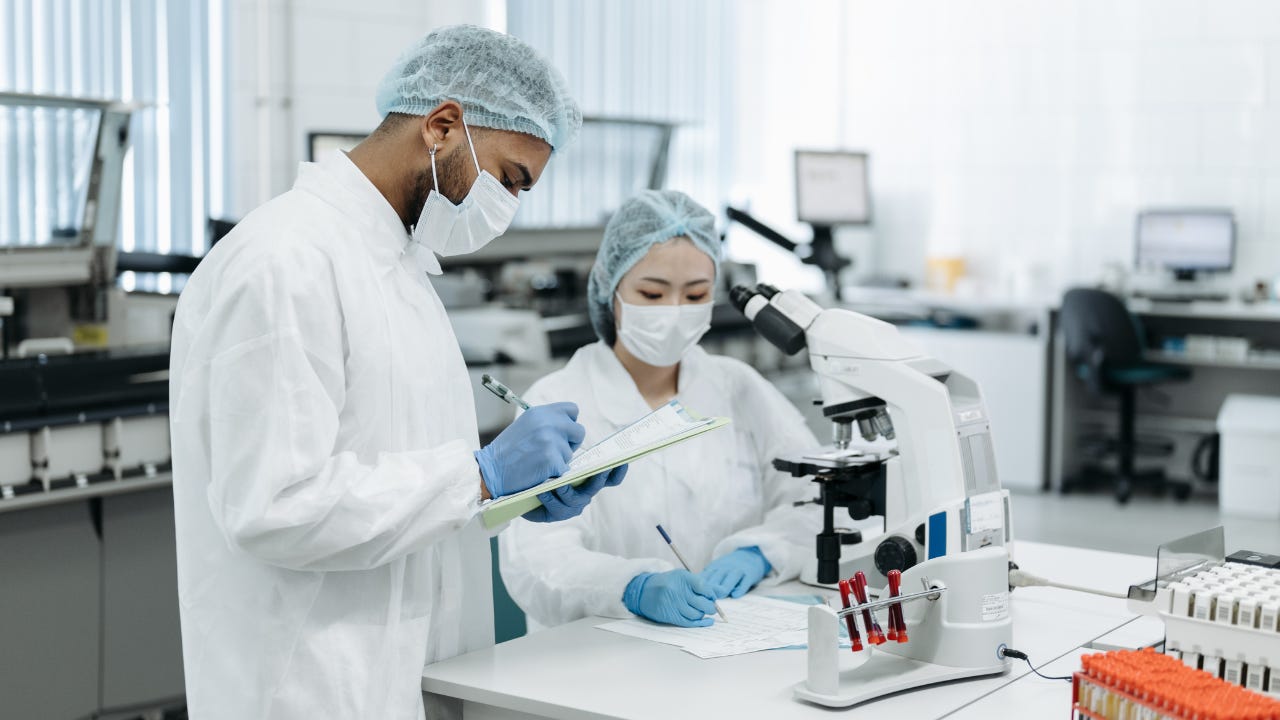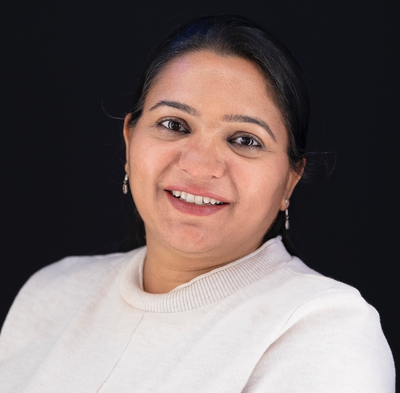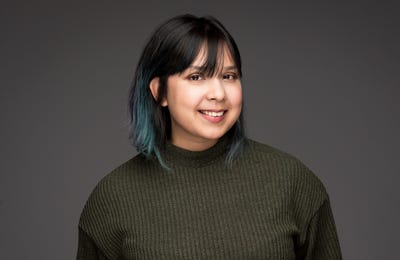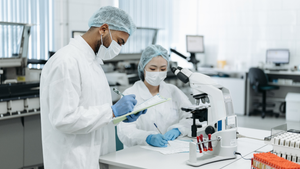Pharma can help build health systems, not just sell products
The future of biopharma in the Middle East depends on collaboration, data, and digital empathy.

Biopharmaceutical companies across the Middle East are being asked to do more than deliver breakthrough therapies. They are being called to help shape the systems that deliver them. “The role of biopharmaceutical companies is evolving rapidly from being suppliers of innovation to becoming strategic partners in health system transformation,” says Samer El-Ali, Head of Medical Affairs for the Middle East, Russia, and Türkiye at Gilead Sciences. “It’s about aligning scientific innovation with national health priorities, whether it is through capacity-building, data generation, or public awareness.”
From supplier to system partner
As the region contends with rising chronic-disease burdens and persistent infectious threats, El-Ali argues that companies must become collaborators, conveners, and catalysts. That means working closely with policymakers, healthcare providers, and patient communities to co-design solutions that reflect local realities.
Gilead’s partnerships in the UAE exemplify this model. The MAAK Access Programme with the Ministry of Health and Prevention provides continued care for patients living with HIV, hepatitis C, and cancer, regardless of affordability. Meanwhile, collaboration with the Department of Health – Abu Dhabi and the Abu Dhabi Public Health Centre focus on blood-borne virus screening and clinical research. WHX Dubai further brings together policymakers and clinicians to align on care delivery and policy.
“By embedding ourselves within the health ecosystem, we can help build resilient, inclusive, and sustainable healthcare systems,” El-Ali says. “Ultimately, this is about improving outcomes for patients and communities.”
Medical affairs comes of age
The changing landscape has transformed medical affairs into one of the industry’s most strategic functions, no longer a back-office support team but a driver of scientific and commercial alignment.
“We’ve moved from being reactive support teams to proactive drivers of value,” he notes. “The key is maintaining credibility through independence, our insights must be grounded in data, not promotion, and our engagements focused on education, not influence.”
As the healthcare environment becomes more complex, medical affairs, he says, must remain the trusted bridge between innovation and access. “Commercial success has to rest on ethical, evidence-based decision-making.”
Digital empathy and awareness
Gilead is turning to digital innovation to strengthen engagement and education. Its ‘Ana Faisal’ AI-powered storytelling platform brings patient experiences to life, while the ‘Behind the Myths’ campaign in Saudi Arabia tackles HIV stigma and promotes anonymous testing. The HIV STAR programme trains healthcare professionals through digital learning, and the ‘Ready to Be Cured’ campaign across KSA, UAE, and Kuwait raises awareness that hepatitis C is curable.
“These platforms act as engagement ecosystems that allow us to listen, learn, and adapt in real time,” El-Ali says. “They democratise knowledge, foster dialogue, and build trust with clinicians, policymakers, and the public.”
Public-private partnerships that last
Among the company’s most impactful collaborations, El-Ali highlights the MAAK Access Programme as a model for how public-private partnerships can deliver patient-centred outcomes. “Such collaborations go far beyond delivering medicines,” he says. “They build trust, align goals, and create impact that lasts beyond the product lifecycle.”
Joint initiatives with Abu Dhabi’s health authorities on virus screening and clinical research demonstrate how innovation and accessibility can advance hand-in-hand.
Confronting infectious diseases
The region’s infectious-disease challenges remain formidable with rising HIV incidence, enduring hepatitis burdens, and deep-rooted stigma. Gilead has introduced eight advanced antiretroviral therapies, supported national hepatitis C screening, and convened regional summits to align care strategies.
“Our goal is not just to treat disease, but to transform the narrative,” El-Ali stresses. “We want to reduce barriers and build a future where infectious-disease care is equitable, inclusive, and effective.”
Evidence that matters
For El-Ali, real-world evidence has become “the new currency” of healthcare decision-making. “Studies must be locally relevant, methodologically sound, and strategically aligned with health-system priorities,” he explains. “When done right, they inform policy, guide clinical practice, and ensure that science translates into real impact.”
By engaging regional experts and using real-world data, such as electronic health records, patient-reported outcomes etc., Medical Affairs teams can ensure that innovation serves the populations who need it most.
El-Ali believes the biopharma sector’s legacy will be measured not only by the number of drugs it delivers but by the resilience of the health systems it helps to build. “It’s about moving beyond the product,” he concludes. “When we embed science within systems, we don’t just improve health outcomes, we strengthen societies.”

WHX Labs Dubai
Feb 10, 2026 TO Feb 13, 2026
|Dubai, UAE
Join us at WHX Labs Dubai—the world's #1 medical lab event. WHX Labs Dubai, formerly Medlab Middle East, is built on a legacy of 25 years of laboratory innovation and uniting communities for better health. It brings the medical lab community from all over the world together under one roof. From the latest technology to the brightest minds, it's the go-to place where you can accelerate your lab.




